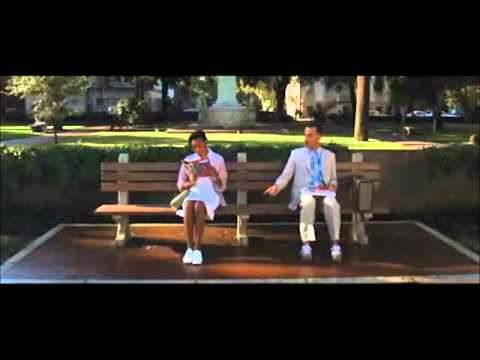Everything has always happened by itself though we thought we were doing it!
‘Entering the stream’ is a curious phrase? On entering a stream we are carried by it’s momentum.
There’s a contrast between the notion of being carried by a stream and, the metaphor of ‘going against the stream’ in order to wake up from the samsaric nightmare - the delusion.
Struggle arises when there is a state of resistance. We can turn life into a battlefield.
Fundamentalists - Buddhist and otherwise - believe the religious life is a battle between the forces of good against evil.
I know people who are tortured by their religious imaginations. Believing that the evils - and, evil-doers - in the world are out to get them and, wreak havoc!
The paranoid belief that someone or, something, is a constant malevolent threat to our well-being is a sure sign that our minds have been derailed. There are exceptions but, things would be pretty grim if this was the case.
I have a friend who believes that pigeons have been fitted with monitoring-devices to keep track of his thoughts and movements. The spies are onto him!
Surely, the Dhamma is more profound, subtle and, liberating than this? An endless struggle with life itself. A struggle against nameless fears and worry?
We can conceive of the practice as a valiant struggle to overcome the forces of Mara - living in the ‘hope’ of victory. Hoping that we will not be vanquished by the wicked foe!
We must strive, like a brave-warrior strives, to annihilate the hindrances, the kilesas, and wipe-out, wipe away the stain of being.
“Winter ends, spring returns and, the grass grows by itself.” - Basho
What is the difference between fundamentalism and literalism. I’m wondering if there could be a cause for concern in this that may be overlooked?
Fundamentalism thrives in an atmosphere of fear and anxiety. It drives the believer to the brink of madness and, beyond.
When people are ‘made’ to fear they can be controlled. This is something we need to keep in mind in our own journey in the Dhamma and, in the current political climate.
Cults thrive on fear, loneliness, estrangement from others, from the world, from our own existence.
The Dhamma is subtle, making for peace…
I find some teachers are particularly gifted communicators because they allay people’s fears and anxieties. They find a way to make the Dhamma more accessible and, interesting.
The interest enables the listener to go deeper, to see more clearly. Ajahn Brahm is a great exemplar of this skillful communication.
There are also teachers and practitioners which seem to respond to messages of fear, personal struggle, black-and-white thinking, the good guys and the bad guys.
How do we explain these differences?


